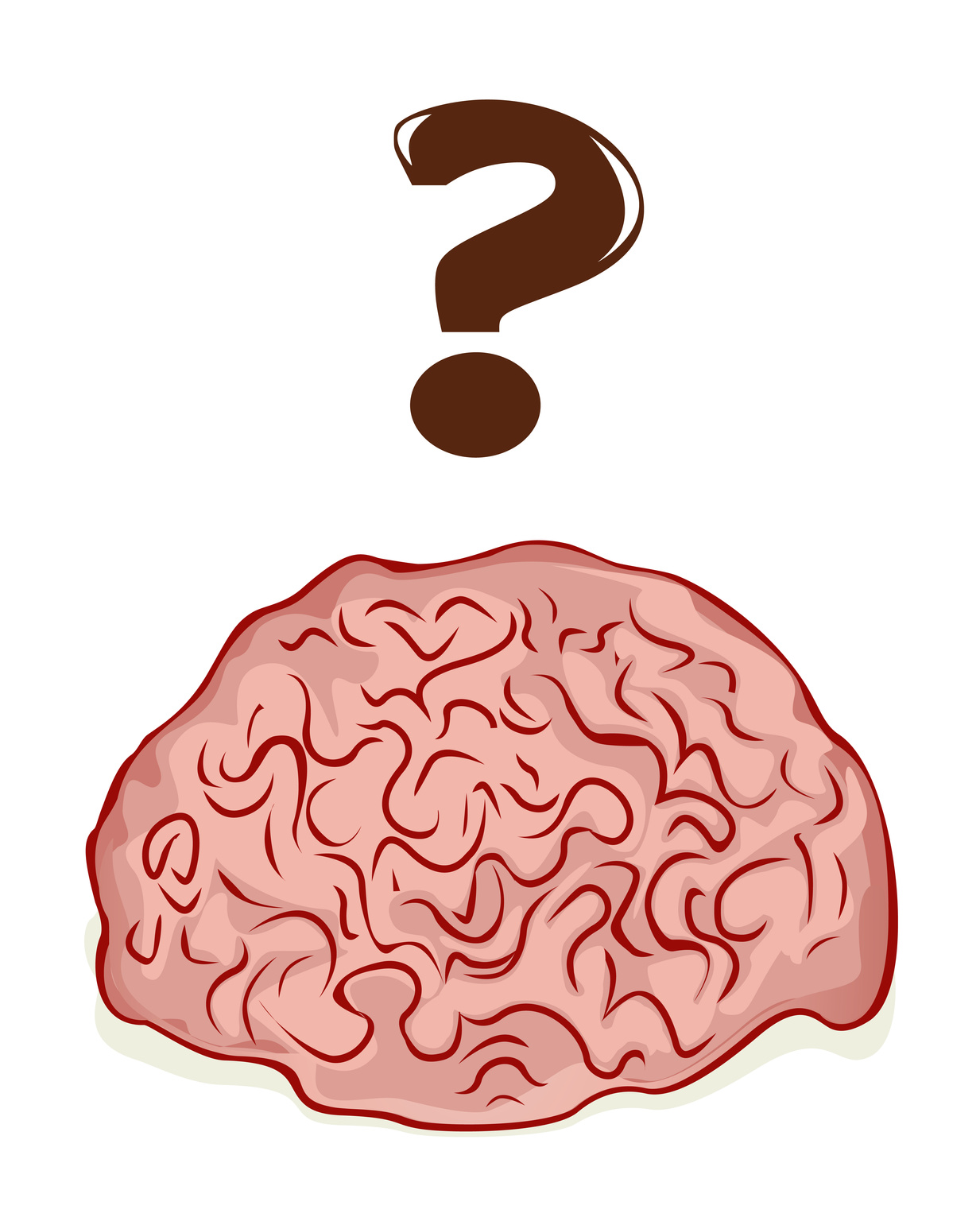Do you choose chocolates over fruits when project deadline approaches?
Let’s see some situations.
Situation 1: Its 28 of the month. You are at 70% achievement of your targets. You are pressing all buttons to ensure you do not miss the 100% achievement mark.
Situation 2: You are in-charge of an important project. You are one week away from the final delivery date and your team just  identifies a major problem that needs a fix. You cannot miss the deadline and you know a week’s time is not enough to fix the issue.
identifies a major problem that needs a fix. You cannot miss the deadline and you know a week’s time is not enough to fix the issue.
Situation 3: You are responsible for an important presentation to be given to senior management scheduled 3 days later. You realise that you just received data from 2 teams out of 5 for the presentation. You are unlikely to get the data from 2 teams in the next 2 days. Your supervisor wants to see the presentation the next day.
In all of the above or any other situation like this, have you noticed your eating preferences? Do they differ than the usual choices you make when you are more relaxed?
If there is a difference, you will find it interesting to read the below experiment to know the reason.
Baba Shiv a professor at Stanford University and Sasha Fedorikhin a professor at Indiana University examined an idea that people fall into temptation more frequently when the part of their brain that is in charge of deliberative thinking is otherwise occupied.
Their experiment went something like this.
They divided participants into two groups. Members of group 1 were asked to remember a two digit number (like 62). Members of group 2 were asked to remember a seven digit number (say 3278651).
What the participants were required to do is this. Remember the number (2 digits for group 1 and 7 digits for group 2) that was  flashed on the screen; walk down to the other end of the corridor and share the memorised number to the other experimenter who was waiting for them. There were no rewards if they didn’t remember the number.
flashed on the screen; walk down to the other end of the corridor and share the memorised number to the other experimenter who was waiting for them. There were no rewards if they didn’t remember the number.
Here is the twist in the experiment that they did.
As the participants walked towards the other end of the corridor, they unexpectedly passed by the cart that displayed two items. (1) Rich, dark chocolate cake and (2) Bowls of colourful, healthy looking fruit.
As the participants passed by the cart, another experimenter told them that once they go to the other room and recite their number, they could have one of the two snacks – but they had to make their decision right then, at the cart.
The participants made their choice, received the slip of their choice, went to the other room and shared the number with the experimenter in the room.
The findings of this experiment are interesting.
In Group 1 who had less strain remembering the two digit number, more participants made fruit bowl as their choice. More participants in Group 2 who had higher strain of remembering 7 digits made dark chocolate cake as their choice.
Prof. Baba and Prof. Sasha’s experiment showed that when our deliberative reasoning ability is occupied our impulsive system gains more control over our behaviour.
So what do we do?
Some of us would still be happy eating chocolate cake over fruit plate.Iif it is an outcome of a deliberative reasoning, all the more better.
 Here are a couple of steps expert recommend while exercising the choice(s).
Here are a couple of steps expert recommend while exercising the choice(s).
- 1. When confronted with a distraction (unexpected Cart in the experiment), take a step back.
- 2. Take two to three deep breathes.
- 3. Then make your choice.
Well after writing this blog I am feeling a little stressed hence signing off to have my plate of rich, dark chocolate cake…. 🙂
Oh good now I know how to choose a option in an unexpected situation but I may still like to know any way out of those specific dreaded situations where there’s hardly any option left ?